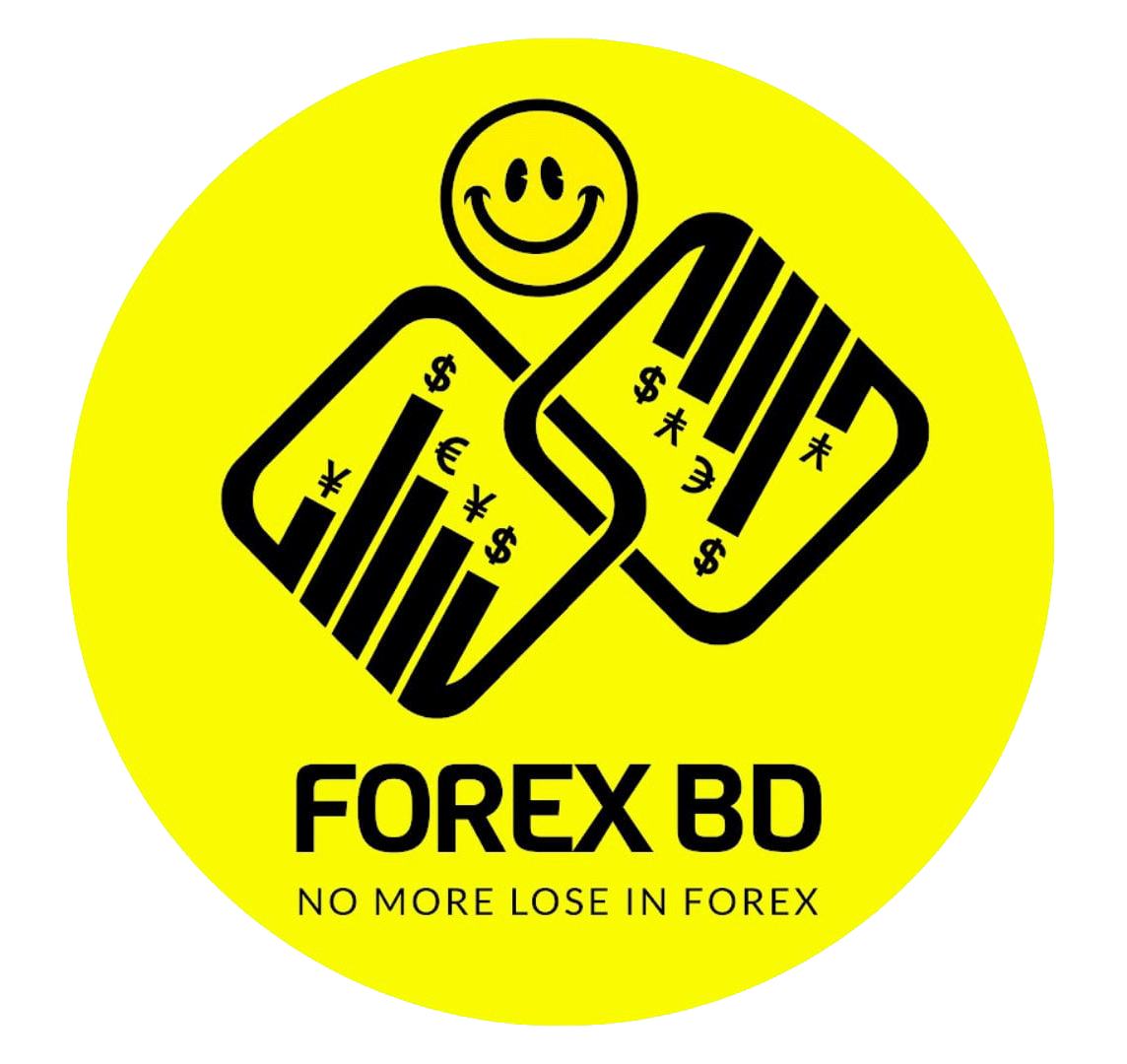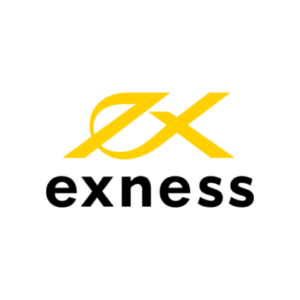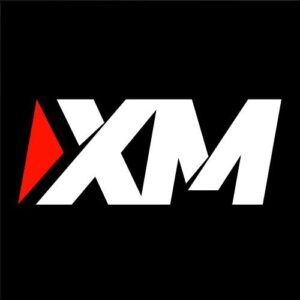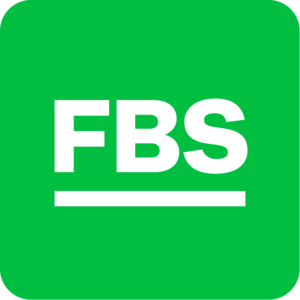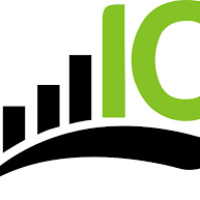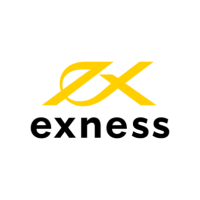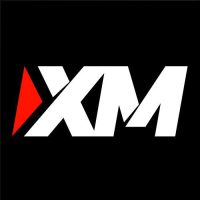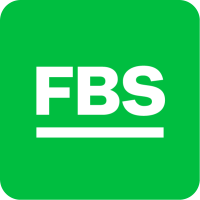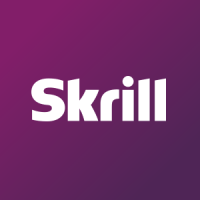
Stanley Druckenmiller is a renowned investor and philanthropist who has left an indelible mark on the financial world. With a career spanning over four decades, Druckenmiller’s investment strategies have consistently produced significant returns for his clients. In this article, we will delve into the life of Stanley Druckenmiller, his career journey, and investment strategies that have earned him a place as one of the most successful investors of all time.
Early Life and Education
Stanley Druckenmiller was born on June 14, 1953, in Pittsburgh, Pennsylvania. He grew up in a middle-class family and was an excellent student. Druckenmiller earned his bachelor’s degree in English and Economics from Bowdoin College in 1975, where he graduated magna cum laude. He went on to attend the University of Michigan’s graduate business school and earned an MBA in 1977.
Early Career
After completing his MBA, Druckenmiller began his career at Pittsburgh National Bank as a credit analyst. He then moved to the equity research department and later became the head of the research department. In 1981, he joined the investment bank, Dreyfus Corporation, as an analyst. It was here that Druckenmiller’s investment skills began to shine.
The Soros Fund
In 1985, Stanley Druckenmiller was recruited by George Soros to manage his hedge fund, the Quantum Fund. Druckenmiller soon became the fund’s lead portfolio manager, and the duo’s partnership proved to be incredibly successful. They became famous for their bet against the British pound in 1992, known as Black Wednesday. The bet earned the fund a profit of $1 billion in a single day.
Duquesne Capital
In 1992, Druckenmiller left the Soros Fund to start his own hedge fund, Duquesne Capital Management. Over the next 30 years, Duquesne became one of the most successful hedge funds in history, consistently delivering annual returns of over 30%. Druckenmiller’s investment style involves a combination of macroeconomic analysis and fundamental analysis of individual companies. He is known for his patience and discipline, waiting for the right opportunities before making significant investments.
Philanthropy
Stanley Druckenmiller is not just a successful investor, but also a dedicated philanthropist. He and his wife, Fiona, established the Druckenmiller Foundation in 1994, which supports a wide range of causes, including education, health, and the environment. Druckenmiller has donated millions of dollars to various organizations, including New York City’s Harlem Children’s Zone and the Environmental Defense Fund.
Conclusion
Stanley Druckenmiller’s success story is a testament to his hard work, dedication, and investment expertise. His investment strategies, which combine macroeconomic analysis and fundamental analysis, have consistently delivered significant returns for his clients. Druckenmiller’s philanthropic efforts have also made a positive impact on various causes. His legacy as one of the greatest investors of all time will undoubtedly continue for many years to come.
FAQs
- What is Stanley Druckenmiller’s net worth?
- According to Forbes, Stanley Druckenmiller’s net worth is $5.9 billion as of 2023.
- What is Stanley Druckenmiller’s investment style?
- Druckenmiller’s investment style involves a combination of macroeconomic analysis and fundamental analysis of individual companies.
- What is the Druckenmiller Foundation?
- The Druckenmiller Foundation is a philanthropic organization established by Stanley and Fiona Druckenmiller, which supports a wide range of causes, including education, health.
Name
Details
Rating
Regulation: CySEC, FCA, DFSA, FSCA, FSA, CMA
Founded: 2008
Founders: Petr Valov, Igor Lychagov
Year Founded : 2008
Deposit Methods: VISA, MasterCard, Neteller, Skrill, WM, PM, Crypto (MORE)
Leverage: 1:30 | 1:500
Regulation: CySEC, FCA, DFSA, FSCA, FSA.
Min. Deposit: 5 US$
Min. Withdraw : 5 US$
HQ: Sydney, Australia
Platforms: MT4, MT5, ctrader, web trading
Found in: January 30, 2007
Deposit Methods: Bank Wire (BankTransfer), VISA, MasterCard, Neteller, Skrill, WM, PM, Crypto
Year Founded : 2010
Cryptocurrencies:
 Yes
YesDeposit Methods: Local Deposit, Bank Wire (BankTransfer), VISA, MasterCard, Neteller, Skrill, WM, PM, Crypto, USDT
Year Founded : 2010
Cryptocurrencies: (5+) Bitcoin, Litecoin, Ethereum
Deposit Methods: Local Deposit, Bank Wire (BankTransfer), VISA, MasterCard, Neteller, Skrill, WM, PM, Crypto, USDT (MORE)
Year Founded : 2009
Cryptocurrencies:



Deposit Methods: Bank Wire (BankTransfer/SWIFT), VISA, MasterCard, Alipay, Bitcoin, Bitcoin Cash, Boleto, Ether/Ethereum, Litecoin, Local Bank Deposits, M-Pesa, Mobile Money, Monero, PerfectMoney, Ripple, WebMoney
Year Founded : 2009
Cryptocurrencies:



Deposit Methods: Local Deposit, Bank Wire (BankTransfer), VISA, MasterCard, Neteller, Skrill, WM, PM, Crypto, USDT
Year Founded : 2009
Cryptocurrencies:



Deposit Methods: Bank Wire (BankTransfer/SWIFT), VISA, MasterCard, Alipay, Bitcoin, Bitcoin Cash, Boleto, Ether/Ethereum, Litecoin, Local Bank Deposits, Mobile Money, PerfectMoney, WebMoney, USDT
Year Founded : 2011
Cryptocurrencies: (25+) Bitcoin, Litecoin, Ethereum
Deposit Methods: Bank Deposit, VISA, awepay, Bitcoin, FasaPay, Local Bank Deposits, Local Bank Transfers, Neteller, paytm, Skrill, UnionPay, USDT
Leverage: 1:20 | 1:500
Regulation: CySEC, FCA, DFSA, FSCA, FSA.
Min. Deposit: 50 US$
Min. Withdraw : 50 US$
HQ: Australia, Cyprus, and the UK.
Platforms: MT4, cTrader, web trading
EAs/Robots: ✅ Yes | News Trading: ✅ Yes | Scalping: ✅ Yes
Cryptocurrencies: 20+) Bitcoin, Litecoin, Ethereum
Deposit Methods: Local Deposit, Bank Wire (BankTransfer), VISA, MasterCard, Neteller, Skrill, Crypto. USDT
Leverage: 1:20 | 1:500
Regulation: CySEC, FCA, DFSA, FSCA, FSA.
Min. Deposit: 100 US$
Min. Withdraw : 100 US$
HQ: Cyprus, the UK, Australia, and the United States.
Platforms: MT4, cTrader, web trading
EAs/Robots: ✅ Yes | News Trading: ✅ Yes | Scalping: ✅ Yes
Cryptocurrencies: 20+) Bitcoin, Litecoin, Ethereum
Deposit Methods: Local Deposit, Bank Wire (BankTransfer), VISA, MasterCard, Neteller, Skrill, Crypto. USDT
Leverage: 1:20 | 1:500
Regulation: CySEC, FCA, DFSA, FSCA, FSA.
Min. Deposit: 50 US$
Min. Withdraw : 50 US$
HQ: Australia, Cyprus, and the UK.
Platforms: MT4, cTrader, web trading
EAs/Robots: ✅ Yes | News Trading: ✅ Yes | Scalping: ✅ Yes
Cryptocurrencies: 20+) Bitcoin, Litecoin, Ethereum
Deposit Methods: Local Deposit, Bank Wire (BankTransfer), VISA, MasterCard, Neteller, Skrill, Crypto. USDT
Year Founded : 2010
Cryptocurrencies:



Deposit Methods: Local Deposit, Bank Wire (BankTransfer), VISA, MasterCard, Neteller, Skrill, WM, PM, Crypto, USDT
A Forex broker is a financial services company that provides traders with access to the foreign exchange market. The primary function of a Forex broker is to facilitate the buying and selling of currencies by acting as an intermediary between the trader and the market ( Forex BD / BD Forex / ForexBD / ForexBDLTD / Forex bd LTD / @forexbd )..
Forex brokers offer traders a variety of services, including trading platforms, market analysis, and educational resources. They also provide access to leverage, which allows traders to control larger positions with a smaller amount of capital.
Forex brokers can operate in different ways, such as market makers, which set their own bid and ask prices and take the opposite side of their clients’ trades, or as agency brokers, which pass their clients’ orders directly to the market without any intervention.
Choosing a reliable and trustworthy Forex broker is important for traders to ensure that they receive fair and transparent pricing, access to a range of financial instruments, and adequate customer support ( Forex BD / BD Forex / ForexBD / ForexBDLTD / Forex bd LTD / @forexbd )..
Forex brokers play an important role in the foreign exchange market by providing liquidity and enabling traders to participate in the market with ease. Forex brokers offer a wide range of services and tools to traders, including:
Trading Platforms: Forex brokers provide traders with access to trading platforms that allow them to place trades, analyze the market, and manage their trading accounts.
Market Analysis: Forex brokers offer traders access to market analysis, including news, research, and economic data. This can help traders make informed decisions about when to enter or exit the market.
Educational Resources: Forex brokers often provide educational resources, such as webinars, videos, and tutorials, to help traders improve their trading skills and knowledge.
Leverage: Forex brokers offer traders access to leverage, which allows traders to control larger positions with a smaller amount of capital. However, it’s important to note that leverage can increase both potential profits and losses.
Customer Support: Forex brokers provide customer support to help traders with any questions or issues they may have ( Forex BD / BD Forex / ForexBD / ForexBDLTD / Forex bd LTD / @forexbd )..
When choosing a Forex broker, traders should consider factors such as the broker’s reputation, regulation, trading conditions, fees and commissions, and customer support. It’s important to choose a broker that is reliable, transparent, and offers competitive pricing and trading conditions.
Forex brokers provide traders with access to various types of trading platforms, each with its own unique features and advantages. Here are some of the most common types of Forex broker platforms:
MetaTrader 4 (MT4): MT4 is one of the most popular Forex trading platforms, used by millions of traders worldwide. It is known for its user-friendly interface, extensive charting tools, and support for automated trading through Expert Advisors (EAs) ( Forex BD / BD Forex / ForexBD / ForexBDLTD / Forex bd LTD / @forexbd )..
MetaTrader 5 (MT5): MT5 is the newer version of MT4 and offers additional features and improvements, such as more advanced charting tools, additional order types, and support for more financial instruments.
cTrader: cTrader is a trading platform that offers advanced charting tools, support for automated trading, and fast order execution. It is known for its user-friendly interface and customization options.
WebTrader: WebTrader is a browser-based trading platform that allows traders to access the market from any device with an internet connection. It is a popular choice for traders who prefer a simple and easy-to-use platform ( Forex BD / BD Forex / ForexBD / ForexBDLTD / Forex bd LTD / @forexbd )..
Mobile Trading Platforms: Forex brokers also offer mobile trading platforms that allow traders to access the market and manage their positions from their smartphones or tablets. These platforms typically offer a range of features, including real-time quotes, charts, and news updates.
When choosing a Forex broker platform, it’s important to consider factors such as ease of use, charting tools, order types, automated trading options, customization options, and compatibility with your trading style and strategy. Ultimately, the best platform for you will depend on your individual needs and preferences as a trader.
Forex brokers can be categorized into different types based on their business model and the services they offer to their clients. Here are some of the most common types of Forex brokers ( Forex BD / BD Forex / ForexBD / ForexBDLTD / Forex bd LTD / @forexbd ). :
Dealing Desk (DD) Brokers: Dealing Desk brokers, also known as market makers, act as counterparties to their clients’ trades. They provide liquidity to the market by taking the opposite side of their clients’ trades, and may also offer fixed spreads, guaranteed stop-loss orders, and other risk management tools.
No Dealing Desk (NDD) Brokers: No Dealing Desk brokers do not act as counterparties to their clients’ trades, but instead route their orders directly to liquidity providers, such as banks, financial institutions, and other brokers. NDD brokers typically offer variable spreads and faster order execution speeds than DD brokers.
Electronic Communication Network (ECN) Brokers: ECN brokers are similar to NDD brokers, but instead of routing orders to a single liquidity provider, they connect their clients to a network of liquidity providers, which compete to offer the best bid and ask prices. ECN brokers typically charge a commission for their services, but offer some of the tightest spreads and fastest order execution speeds in the market.
Straight Through Processing (STP) Brokers: STP brokers are similar to NDD brokers, but instead of routing orders directly to liquidity providers, they use automated systems to execute orders based on pre-defined trading rules. STP brokers may offer variable or fixed spreads, and may charge a commission or markup on their services.
Hybrid Brokers: Hybrid brokers combine elements of different business models, such as acting as both a market maker and an ECN broker, or offering both fixed and variable spreads. Hybrid brokers may offer a range of services and account types to meet the needs of different types of traders.
When choosing a Forex broker, it’s important to consider the broker’s business model and the services they offer, as well as their reputation, regulation, and customer support. The best broker for you will depend on your individual needs and trading style, as well as the trading conditions and fees offered by the broker.
Forex trading is a popular financial activity that involves buying and selling currencies to profit from the fluctuations in exchange rates. As with any financial activity, it is essential to choose a reputable and regulated broker to ensure the safety of your funds and a fair trading environment. In this article, we will discuss some of the top regulated forex broker houses.
Online forex trading payment methods refer to the various payment options available for forex traders to deposit or withdraw funds from their trading accounts. In the world of forex trading, payment methods play a vital role in facilitating smooth transactions, and it is important to choose a secure and reliable payment method that suits your needs.
Like, Share & Subscribe to Our Official Sites
Contact with Us :
Copyright © 2023 Forex BD
Risk Warning: Trading on financial markets carries risks. Contracts for Difference (‘CFDs’) are complex financial products that are traded on margin. Trading CFDs carries a high level of risk since leverage can work both to your advantage and disadvantage. As a result, CFDs may not be suitable for all investors because you may lose all your invested capital. You should not risk more than you are prepared to lose. Before deciding to trade, you need to ensure that you understand the risks involved and take into account your investment objectives and level of experience.
Disclaimer : Forexbd.ltd is not encouraging anyone to do forex/stock trading, as there are investments and financial risks involved. ForexBD channel or videos are educational and informative. Before deciding to invest in the forex market, you should carefully consider your investment objectives, level of experience, and risk appetite.
#ForexTrading #ForexMarket #ForexBroker #ForexSignals #ForexAnalysis #ForexEducation #ForexPlatform #ForexTools #ForexStrategy #ForexTradingTips #ForexInvesting #ForexNews #CurrencyTrading #OnlineTrading #TradingSoftware #TechnicalAnalysis #FundamentalAnalysis #RiskManagement #MarketResearch #TradingCommunity #ForexTradingSignals #ForexTradingSystem #ForexMarketAnalysis #ForexMarketNews #ForexMarketResearch #ForexTradingStrategies #ForexTrader #ForexTradingSoftware #ForexTradingCourse #ForexTradingForBeginners #ForexTradingPlatform #ForexTradingEducation #ForexTradingAcademy #ForexTradingOnline #ForexTradingCommunity #ForexTradingCharts #ForexTradingIndicators #ForexTradingAccount #ForexTradingCoach #ForexTradingRobot
